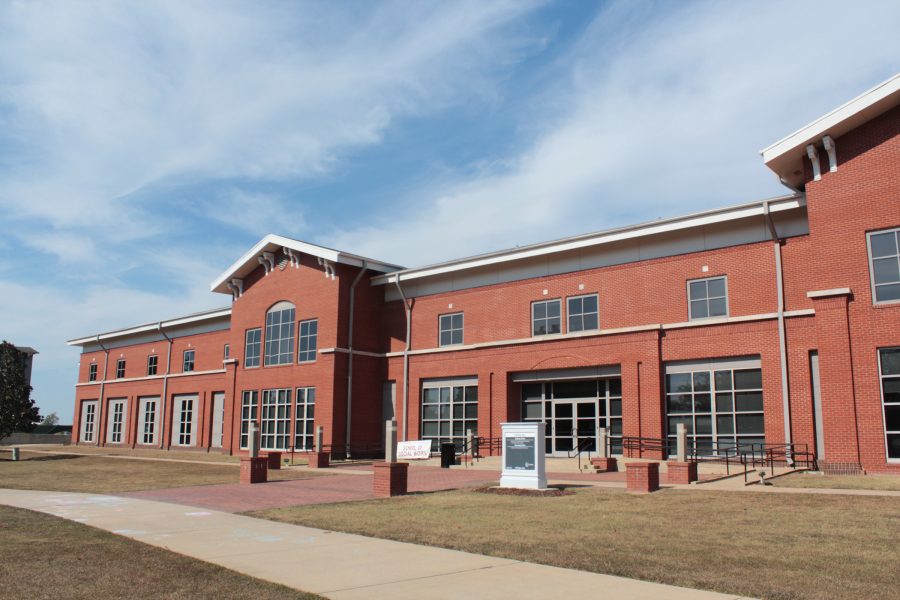Changes to campus sexual assault resources include more funding from Ivey
July 25, 2019
In an email to students, faculty and staff earlier this summer, UA President Stuart Bell addressed the issue of sexual assault and misconduct at the University and resources available to survivors, such as the Title IX office.
The Title IX office, previously located in Mary Burke Hall, is now located in Capital Hall. According to Beth Howard, director of the Title IX office, the move was to create additional office space for the office’s growing number of staff.
“Capital Hall was a great option because it allowed for enough space for the current Title IX staff and extra space should the Title IX staff continue to grow, and also allowed for space for interviews,” Howard said.
In addition, the new location will be easy for students to access, but will also provide a degree of privacy.
The office aims to promote a safe environment free of gender discrimination and sexual misconduct and oversees the University’s efforts to provide one.
Bell also advised students to review the University’s Sexual Misconduct Policy, which was revised last August and is currently being reviewed again. Any changes for approval will be submitted prior to the beginning of the fall semester.
In addition to resources like the Title IX office and Tuscaloosa SAFE Center, Gov. Kay Ivey has awarded $537,130 to the University of Alabama and Shelton State Community College to provide more resources to victims of sexual assault and abuse.
In a press release from the Office of the Governor, Ivey said she prioritized ensuring all students have a right to enjoy college without becoming victims.
“College campuses should be safe places for students to learn new skills, make lifelong friends and prepare for a successful future,” Ivey said. “I support the University’s efforts to make sure no student in Tuscaloosa is victimized and to offer professional assistance for those who unfortunately become victims.”
The Women and Gender Resource Center at the University will utilize the grant to continue to support Project HOPE, a program for UA and Shelton State students, staff and faculty to have access to services such as a 24-hour crisis telephone line, accompaniment to medical facilities, referrals for safe housing and support through the criminal justice system.








